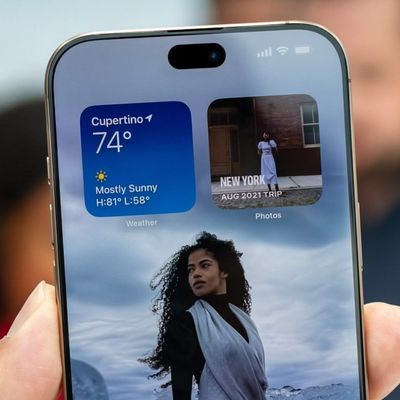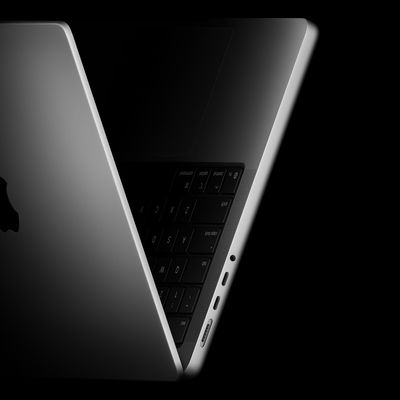Apple is reportedly developing smart glasses that could compete with the Meta Ray-Bans, but they are not expected to launch for a few more years.

Earlier this week, Apple supply chain analyst Ming-Chi Kuo said that he expects Apple's smart glasses to enter mass production in the second quarter of 2027. Similar to the Meta Ray-Bans, he said that Apple's glasses will allow users to take photos, record videos, and listen to music, with both touch and hands-free voice control. These type of smart glasses are intended to let you capture a moment without needing to take your phone out of your pocket.
Kuo said that Apple plans to offer multiple frame and material options for its smart glasses, but he did not indicate if it will partner with a major glasses brand, such as Ray-Ban or Oakley. Meta's smart glasses are offered with three different Ray-Ban frames, including the iconic Wayfarer style that has been popular for decades.
Like the Meta Ray-Bans, Kuo said Apple's first glasses will not have built-in augmented reality displays. However, next-generation Meta Ray-Bans with such displays are expected to launch later this year, so Apple will remain well behind.
Meta's glasses are equipped with a 12-megapixel camera with 1080p video capture, dual speakers, five microphones, a touchpad on the right arm, and an LED that indicates when video recording is active. Meta says the glasses last up to four hours with a single charge, and up to 36 hours with a fully-charged carrying case.
Meta Ray-Bans were released in September 2023, with U.S. pricing starting at $299. In February, Ray-Ban owner EssilorLuxottica announced that it had sold more than two million pairs of the glasses, making them a relative hit in a growing device category.
For now, Apple's only head-mounted device is the Vision Pro, which starts at a hefty $3,499. It is estimated that Apple has sold only 500,000 to 700,000 units of the Vision Pro, at best, since it launched in February 2024. Kuo believes that Apple's smart glasses will be far more successful, with shipments reaching 3-5 million units or more in 2027.
The unfortunate part is that 2027 remains quite a while away, with Apple's competitors in this space innovating at a much faster pace.




















